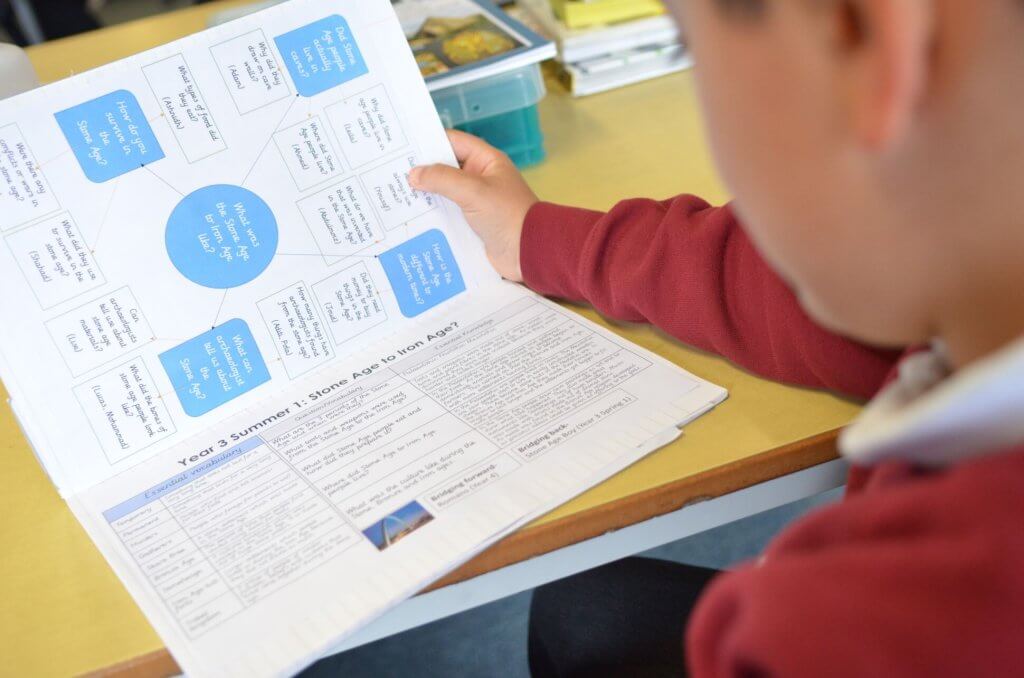Education Committee calls for urgent action to tackle absence crisis
In January 2023, the Education Committee launched an inquiry into persistent absence and support for disadvantaged pupils. This week, the committee released their report, exploring how the problem of persistent absence has been driven by a rising demand for mental health services and special educational needs and disabilities (SEND) support, as well as cost-of-living pressures.
As a result, the Education Committee has called on the government to introduce a mental health absence code, which will eliminate the need for parents to repeatedly provide medical evidence in cases of known mental health issues. Furthermore, the Department for Education (DfE) is urged to carry out a cross-government assessment of the scale of mental health difficulties amongst pupils and review the current support available.
The DfE is also called to prioritise resources for inclusion and assessment in mainstream schools, ensuring that the needs of children with SEND are met. Additionally, the committee recommends that the DfE review its framework for supporting low-income families with school costs, such as uniform and transport.
The inquiry discovered there is a lack of consistency between England’s local authorities in their approach to issuing fines for persistent absence. Therefore, the committee suggests that the DfE provides a national framework and new statutory guidance for the use of fines and prosecution to ensure consistency across the country. The government is also asked to introduce a register of children not in school, a pledge that was originally part of the Schools BIll but has since been withdrawn. The committee says it must now be included in the King’s Speech so that it can be operational in the next academic year.
£5.8 million investment into trauma-informed practice
Together, the Home Office and the Youth Endowment Fund (YEF) will invest £5.8 million into new research to investigate whether trauma-informed practice (TIP) can keep children safe and protected from violence. As part of the initiative, teachers, social workers, youth justice and early-help practitioners will be trained to recognise and respond appropriately to children displaying signs of trauma.
TIP is an approach that aims to address the impact of traumatic events on children’s neurological development and social behaviour. Research shows that individuals who experience early trauma or adverse childhood experiences (ACEs) are more likely to become involved in crime and violence.
TIP has become increasingly popular in schools, but some have criticised the approach and questioned its effectiveness. Recently, Tom Bennett OBE, behaviour adviser to the Department for Education (DfE), referred to the practice as a fad driven by ‘good intentions and weak evidence.’ However, many schools believe TIP has changed their culture for the better. For example, Tom Burt, vice principal at Great Yarmouth Primary Academy, said that ‘exclusions have reduced by more than 80%’ after introducing TIP, whilst attendance improved to the highest in the local area.
To ascertain its true effectiveness, the £5.8 million funding will be spent on four large-scale programmes in England and Wales, with a combined reach of 200,000 children. Policing Minister, Chris Phillip, believes that ‘this research will be vital to gaining a better understanding of the root causes of youth violence and will be key to helping us and the YEF support children in managing their trauma and avoiding a life of violent criminality.’
Exam results as the starting point for inspections
Ofsted has confirmed that 2022-23 results data will be used as a starting point for inspections after grades returned to pre-pandemic standards. Secondary performance data from this summer will also be used in the same way.
This year, primary school accountability guidance shows that Ofsted used 2021-22 results with caution, solely to inform discussions with schools about pupil outcomes. But following autumn training sessions, inspectors have reported on a definite shift in the watchdog’s approach. Inspectors say that if performance data is poor, they will need to see evidence that the school is on its way to improvement in order to achieve a ‘good’ grade. Similarly, inspectors indicated that a school’s curriculum could not be judged ‘good’ if the outcomes were poor.
When the current Education Inspection Framework was introduced, Ofsted explained its aim was to ‘bring the inspection conversation back to the substance of education and […] to treat providers as experts in their field and not as data managers.’ However, it is expected that things may change with the arrival of the incoming chief inspector, Sir Martyn Oliver. When questioned by the Education Committee at a pre-appointment hearing for the role of His Majesty’s chief inspector, Sir Martyn expressed his view that both the substance of education and outcomes were important. He added, ‘it is difficult to explain how you get [schools with] some of the worst outcomes in the country getting a good inspection.’
One Education is proud to work with schools and trusts, equipping their staff with the tools they need to grow in confidence and expertise.
Explore our services to find out how we can help you with improving attendance, delivering trauma-informed interventions for pupils, and supporting you on your journey towards school development.
To learn more, please get in touch.
Please complete the form below and we will get in contact as soon as we can to help you with your query.



